If you're a gardener, you’ve probably heard the word "composting." Composting is an invaluable practice for improving your soil's quality and health.
It increases the nutrition content of your soil, reduces waste output in landfills, and makes a healthy environment for plants to grow.
Do you still need convincing? Here are 25 compelling reasons why you should start composting today.
1. Reduce Waste
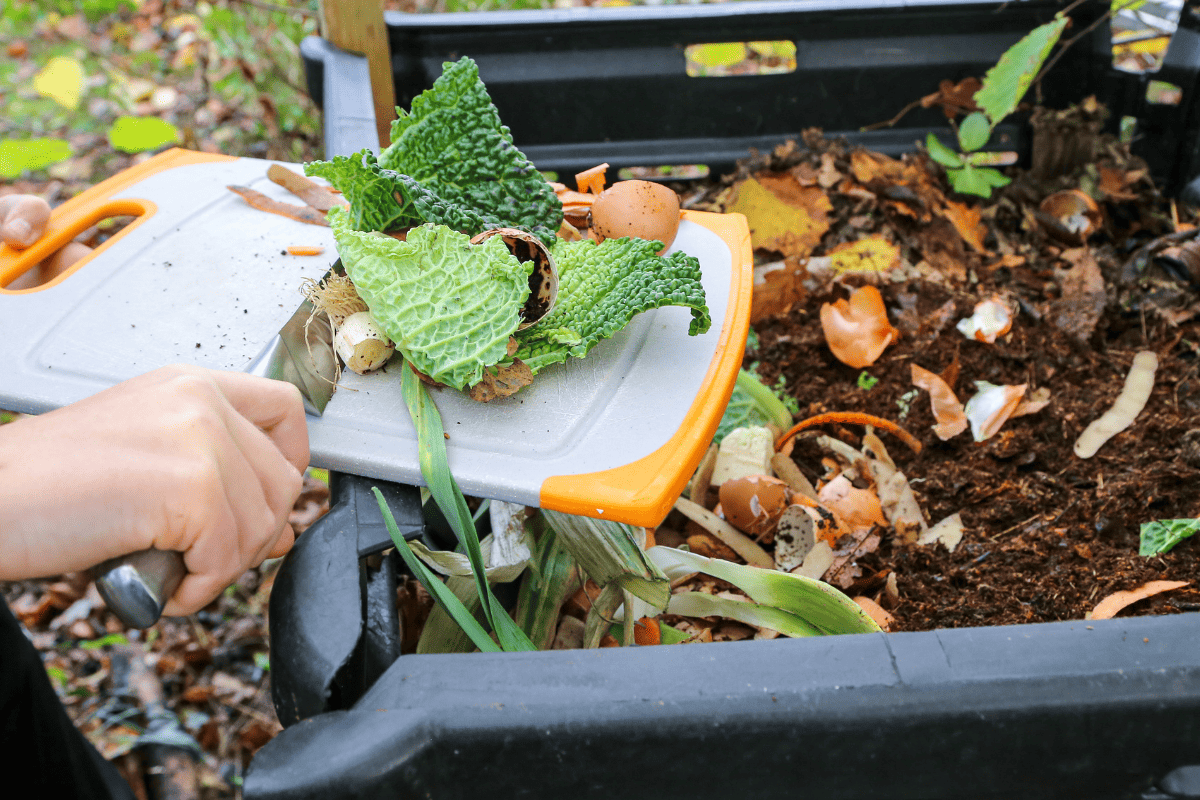
Much of the waste we generate at home comes from organic materials, including fruit and vegetable peelings, coffee grounds, tea bags, eggshells, and yard waste, like grass clippings and fallen leaves.
By composting, we can repurpose up to 30% of our household waste and reduce the waste that goes to landfills—a significant step towards waste reduction and environmental conservation.
2. Soil Enrichment
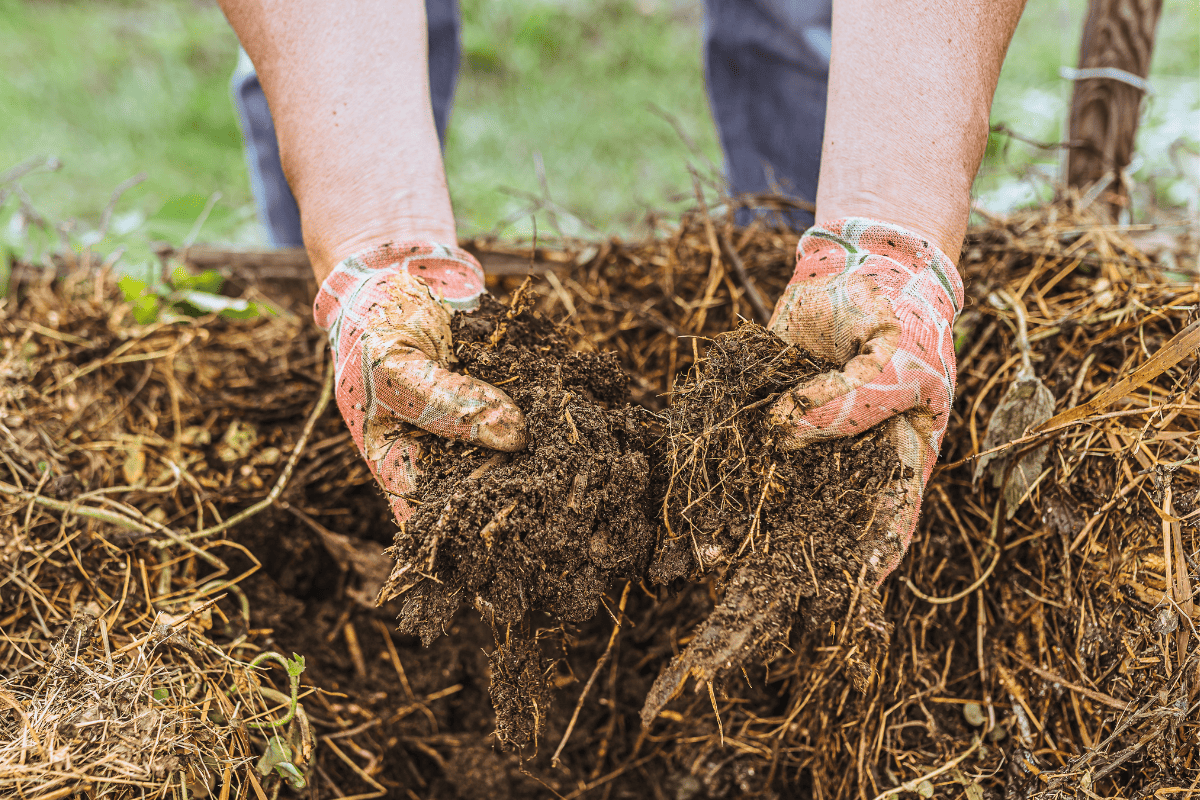
Compost is a powerhouse of nutrients. It's rich in nitrogen, phosphorous, and potassium—all essential nutrients plants require for healthy growth.
Compost also improves soil structure by increasing its ability to retain moisture and improving aeration, making it easier for plant roots to access necessary nutrients. This soil enrichment leads to healthier plants and a more vibrant garden.
3. Free Fertilizer
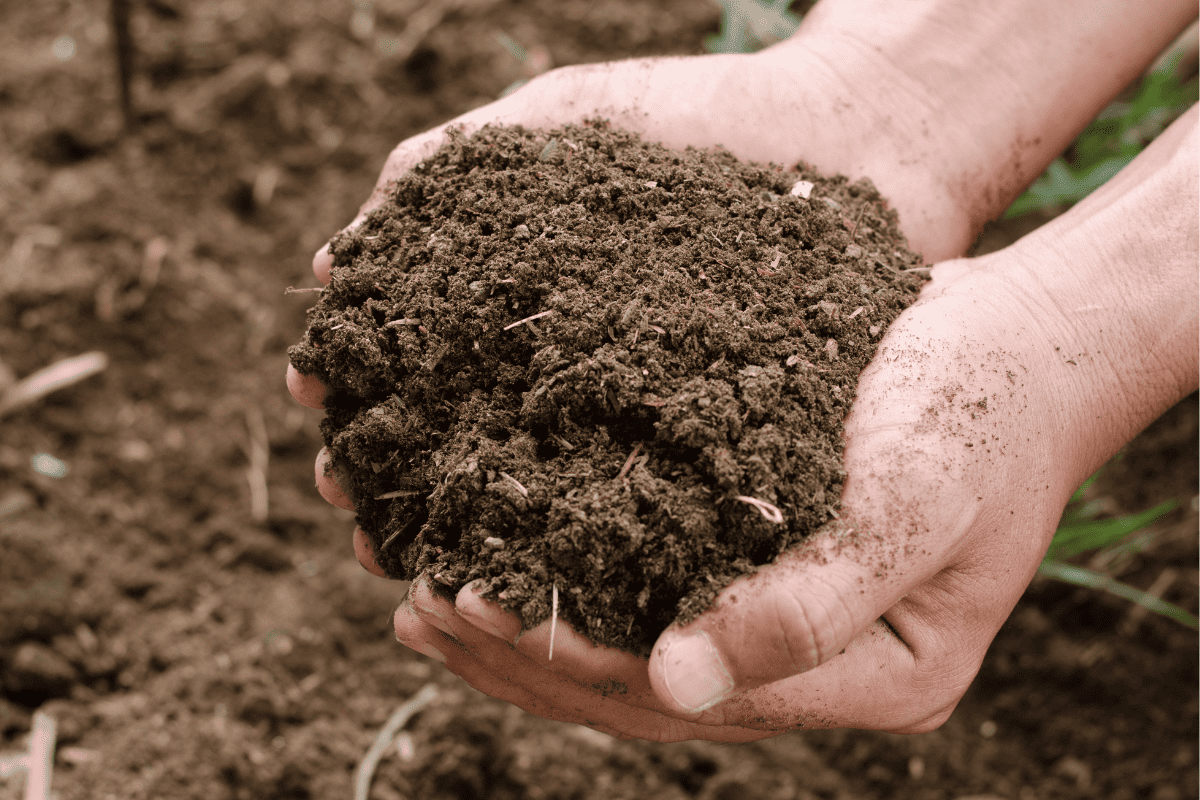
Buying commercial fertilizers can be expensive, especially for avid gardeners. Composting is essentially free. You're merely using kitchen scraps and yard waste.
By composting, you can create your nutrient-rich soil enhancer without spending an extra penny.
4. Reduces Greenhouse Gases
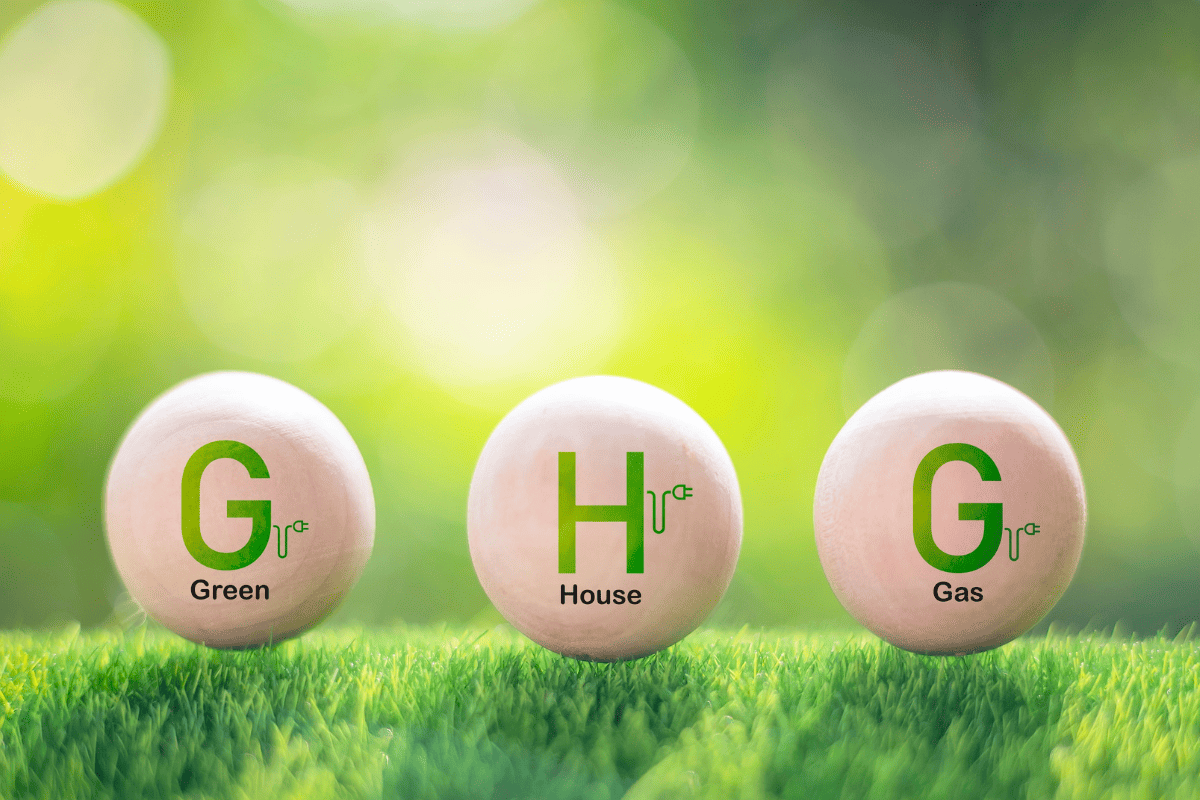
When organic materials break down in landfills, they produce methane, a potent greenhouse gas. By composting these materials at home, we can significantly reduce methane emissions.
5. Water Conservation
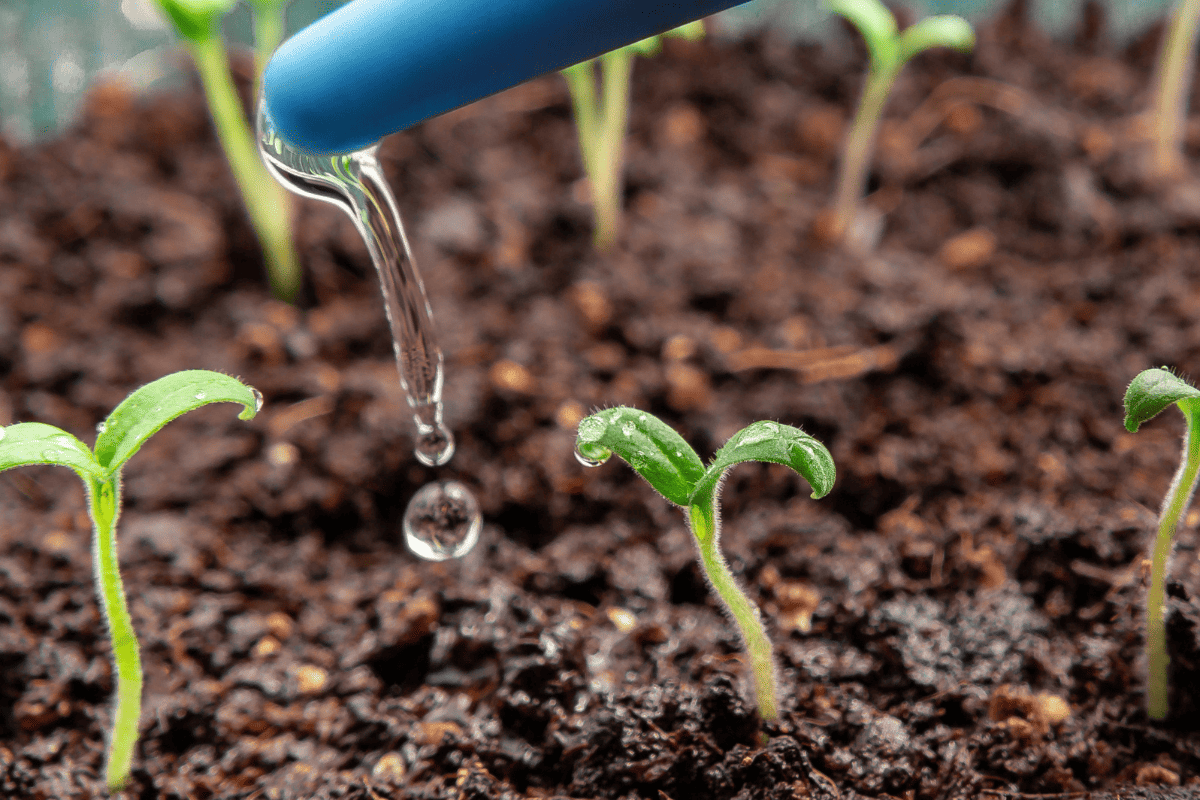
Compost improves the soil's ability to retain water. This reduced water runoff means less water is required to keep plants hydrated, leading to significant water conservation—this is especially important in arid regions or months when water is scarce.
6. Reduces Dependence on Fossil Fuels
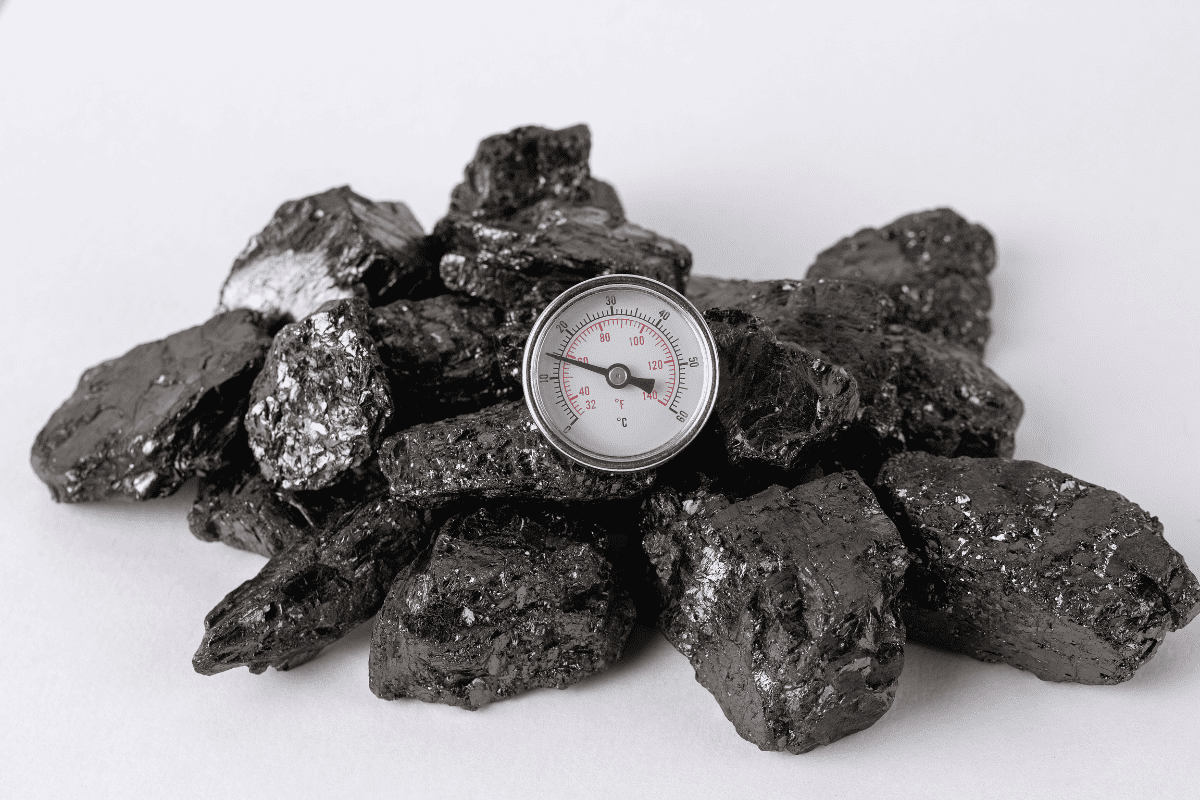
Synthetic fertilizers usually come from fossil fuels. Composting at home reduces our reliance on these energy-intensive products.
7. Supports Local Ecosystems
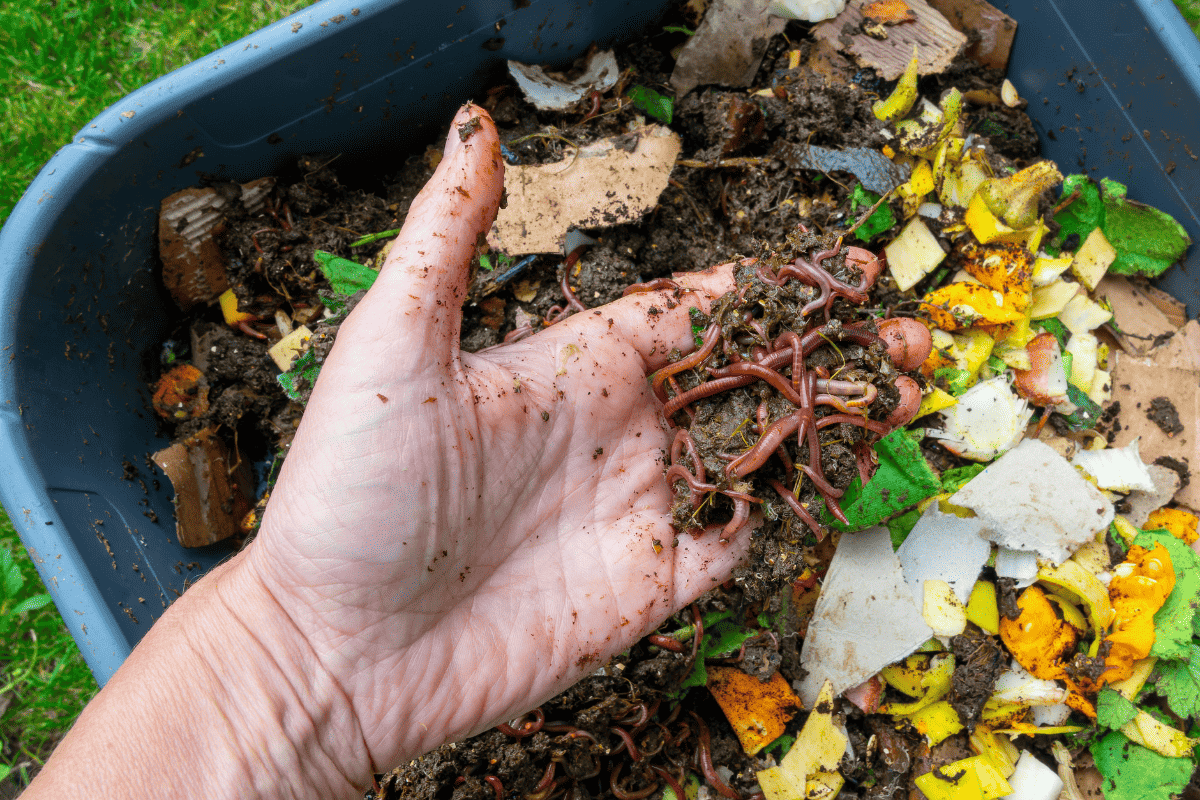
Composting promotes a diverse range of beneficial microorganisms, such as bacteria, fungi, and worms.
These organisms help break down organic matter, releasing nutrients into the soil that plants can absorb. They also help control harmful pests and diseases, creating a balanced, healthy ecosystem.
8. Waste Management
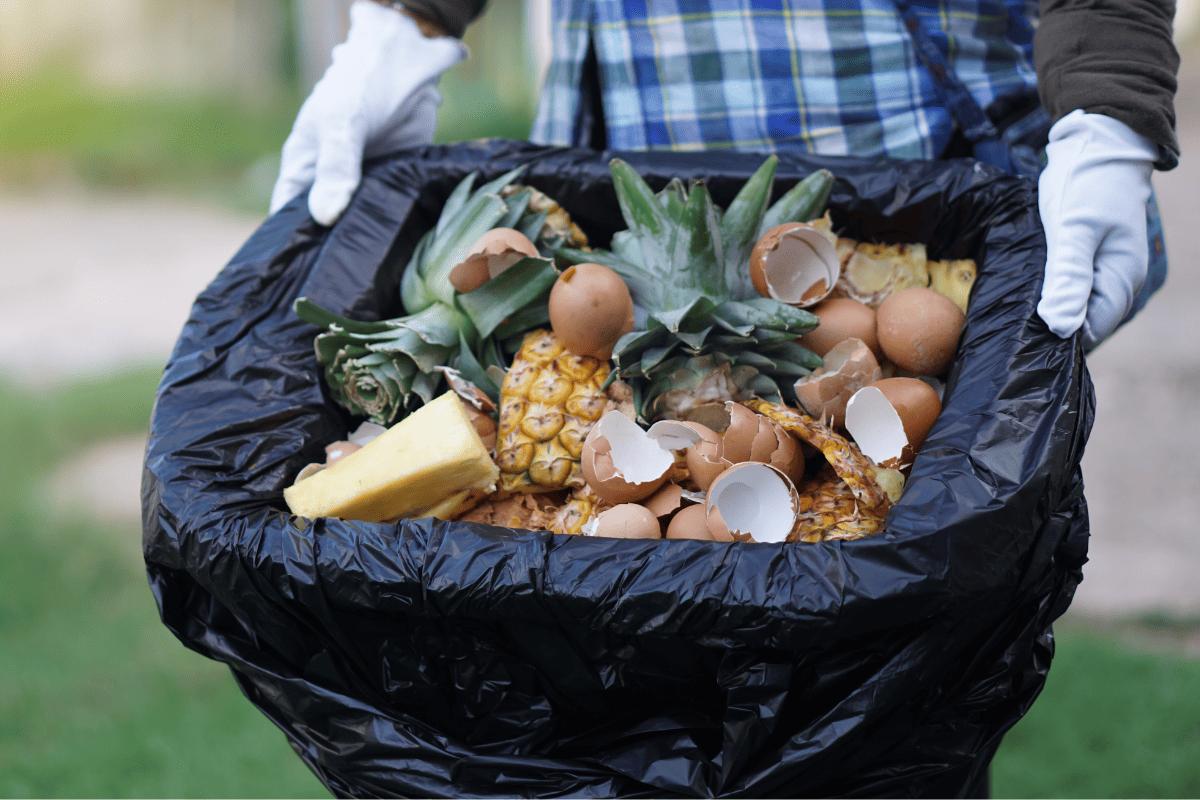
Composting at home eases the burden on municipal waste management systems. It reduces the amount of waste that needs to be collected, transported, and processed, leading to financial savings and a reduction in associated greenhouse gas emissions.
9. Educational Opportunities
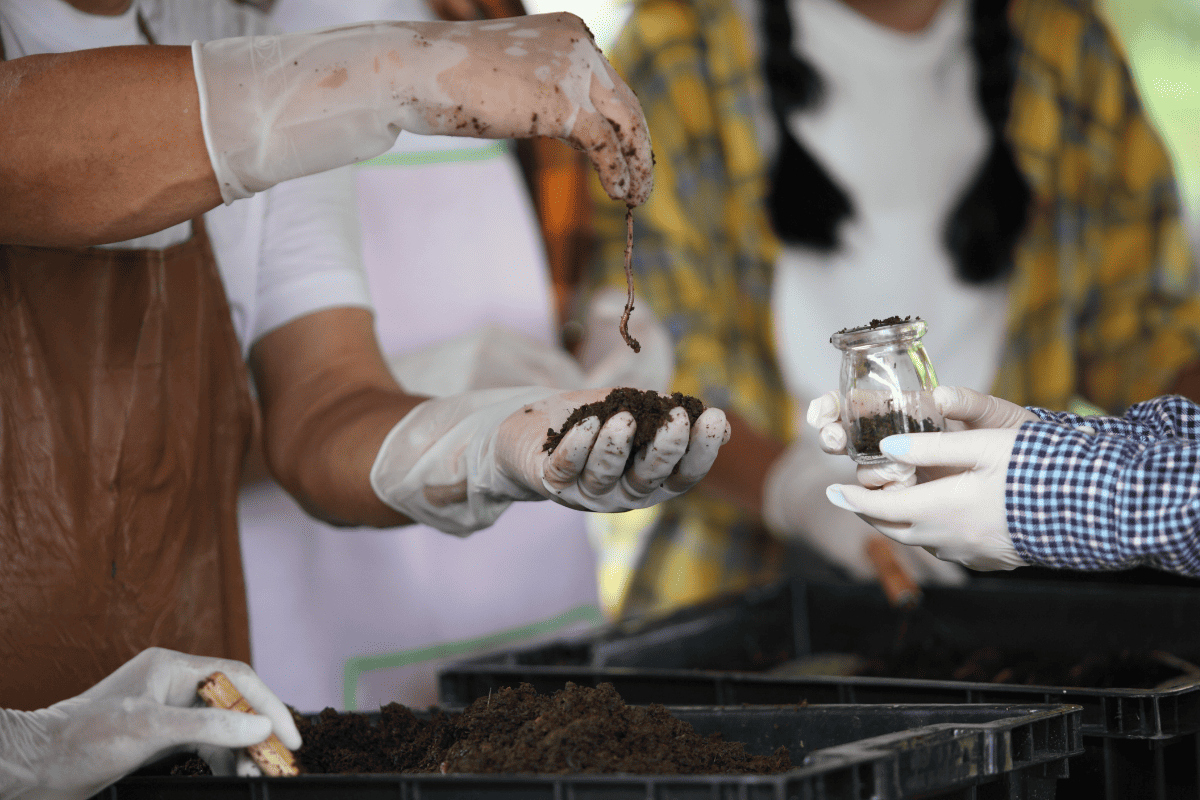
Composting offers a practical, hands-on way to teach children about the environment and the importance of recycling.
It's a simple, effective way to demonstrate how we can convert waste into a resource and contribute to a more sustainable world.
10. Reduces Soil Erosion
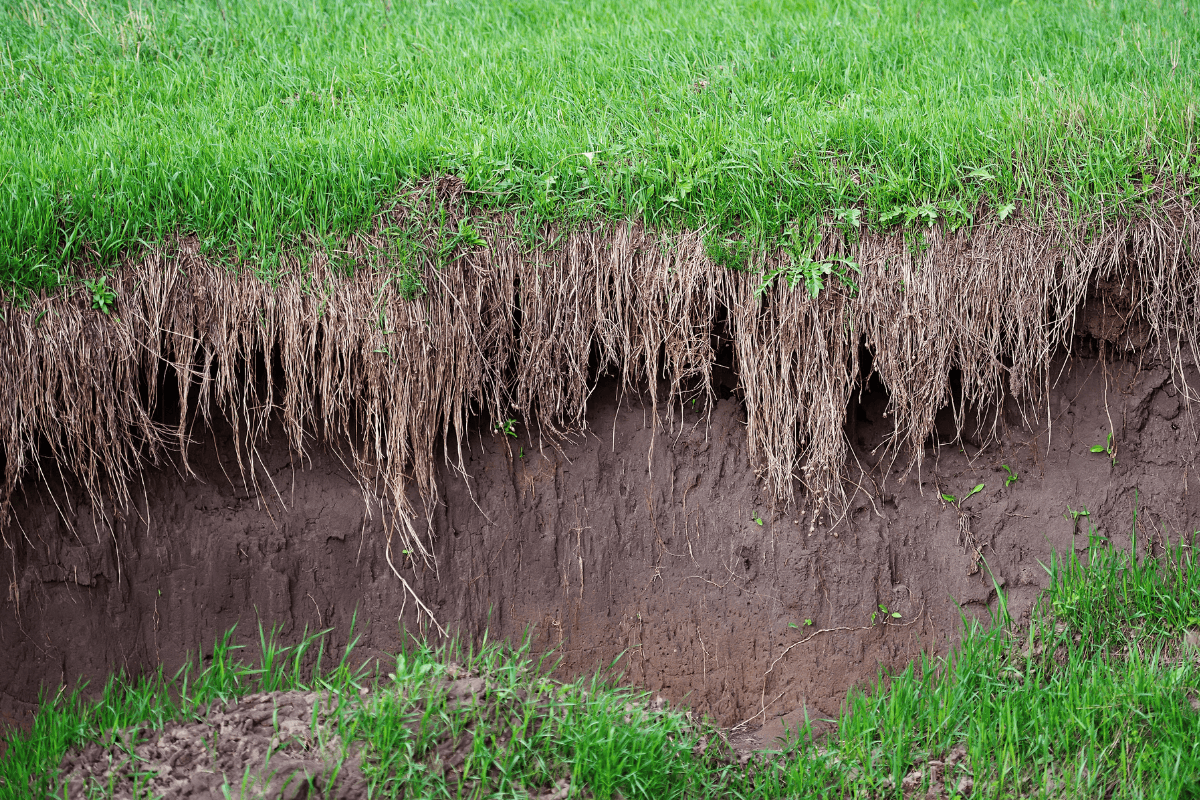
Soil erosion is a significant problem, particularly in areas with sloping landscapes or heavy rainfall.
Compost helps bind soil particles together, reducing the risk of soil erosion by wind and water. By improving soil structure, compost can protect your garden and preserve the integrity of the land.
11. Reduces Pesticide Use
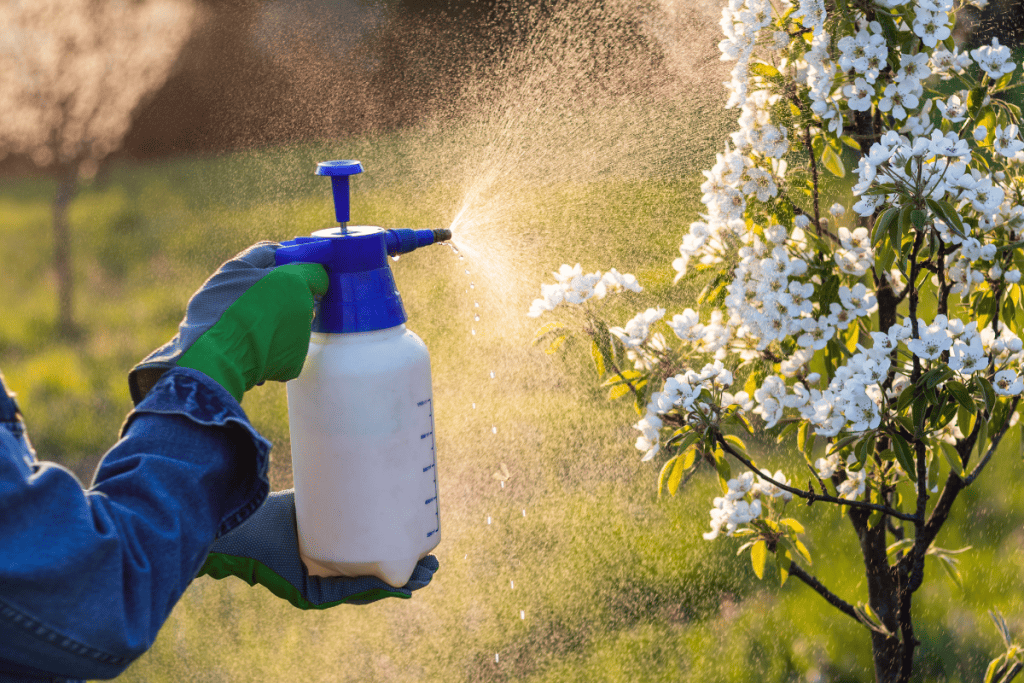
Compost-enriched soil fosters healthy, robust plants that are more resistant to pests and diseases—this can reduce our reliance on synthetic pesticides, which are harmful to beneficial insects and can contaminate groundwater, streams, and rivers.
12. Promotes Healthy Plant Growth
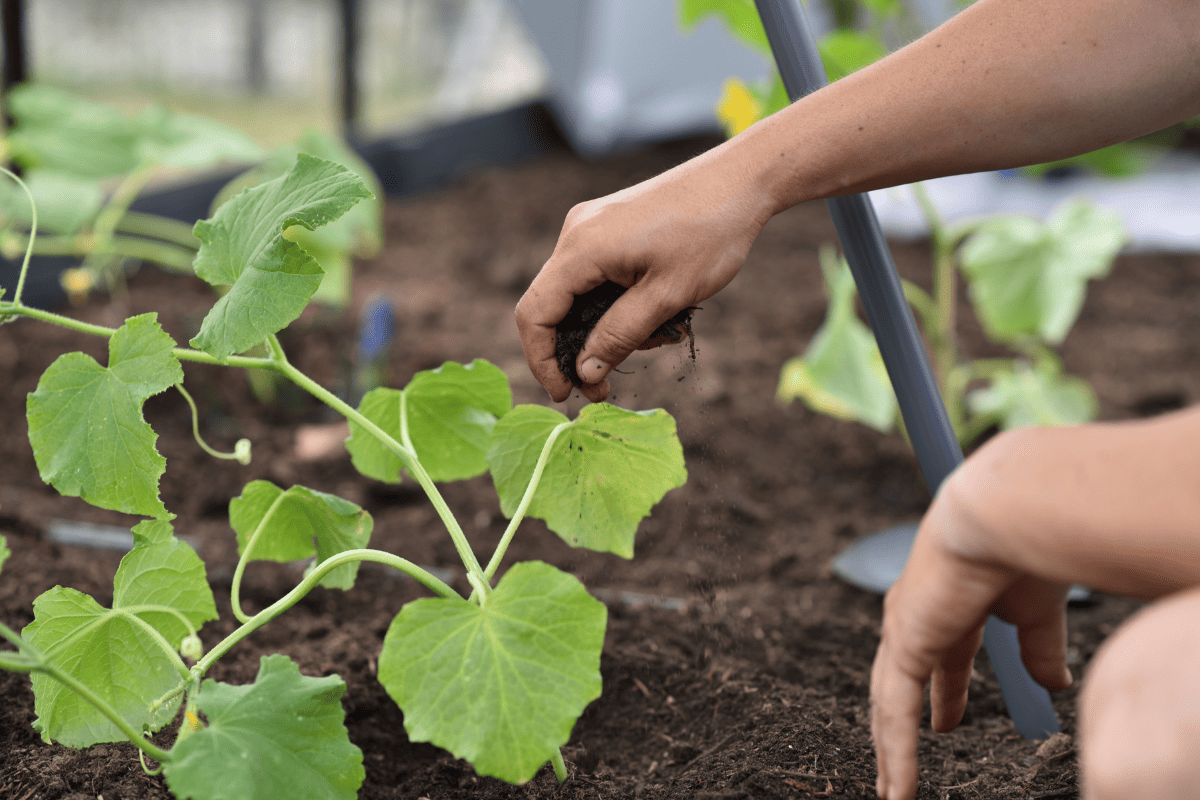
Compost provides a steady supply of essential nutrients for optimal growth. Compost releases nutrients slowly, supporting sustained plant growth.
13. Conserves Resources
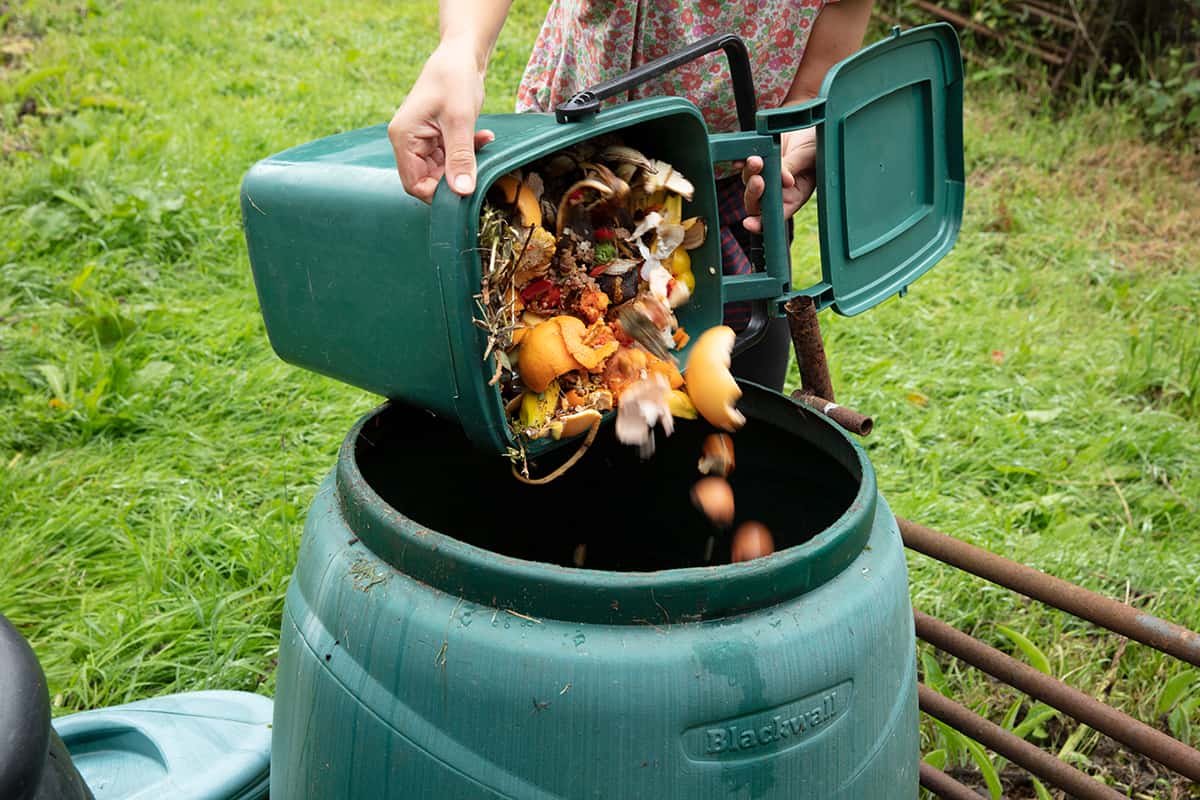
Because composting is a form of recycling, you’re reusing organic materials conserving waste disposal resources and energy.
14. Controls pH Levels
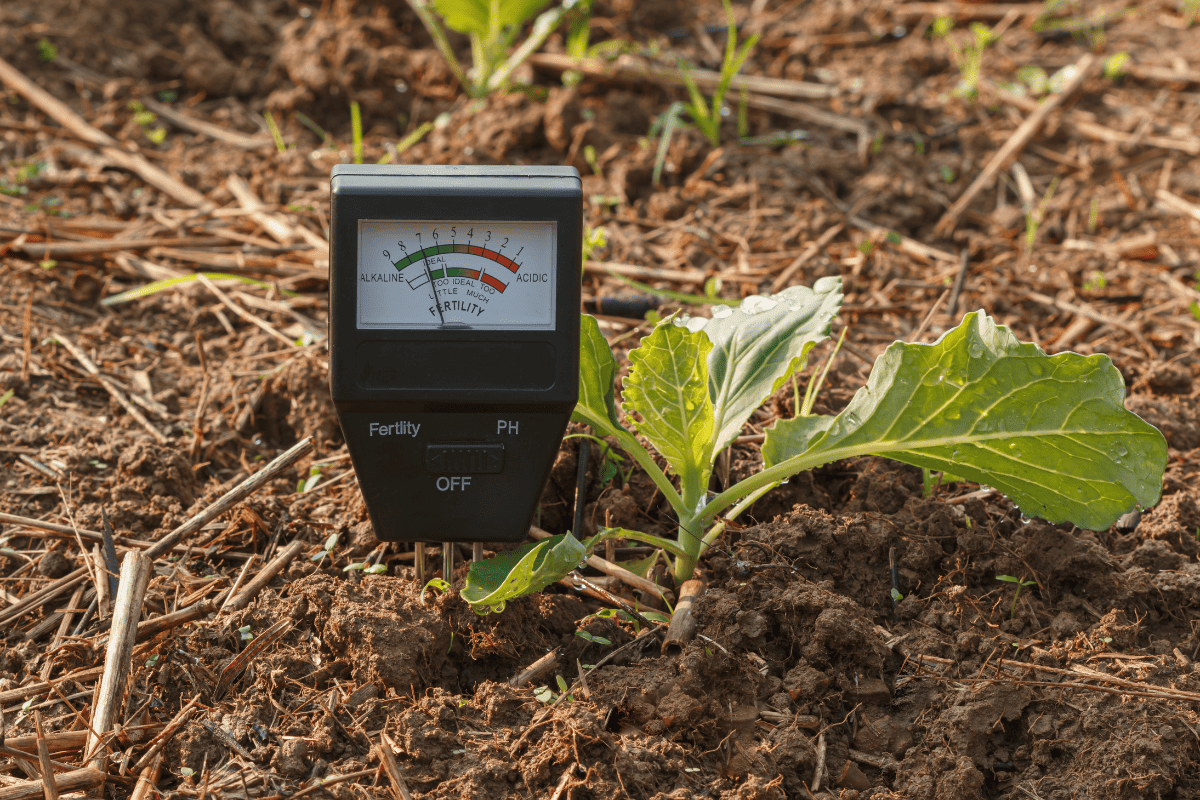
Different plants thrive at different pH levels. Compost can help balance the pH level of your soil, creating an optimal environment for plant growth.
Whether your soil is too acidic or alkaline, adding compost can help regulate the pH level and enhance your garden's overall productivity.
15. Reduces Weeds
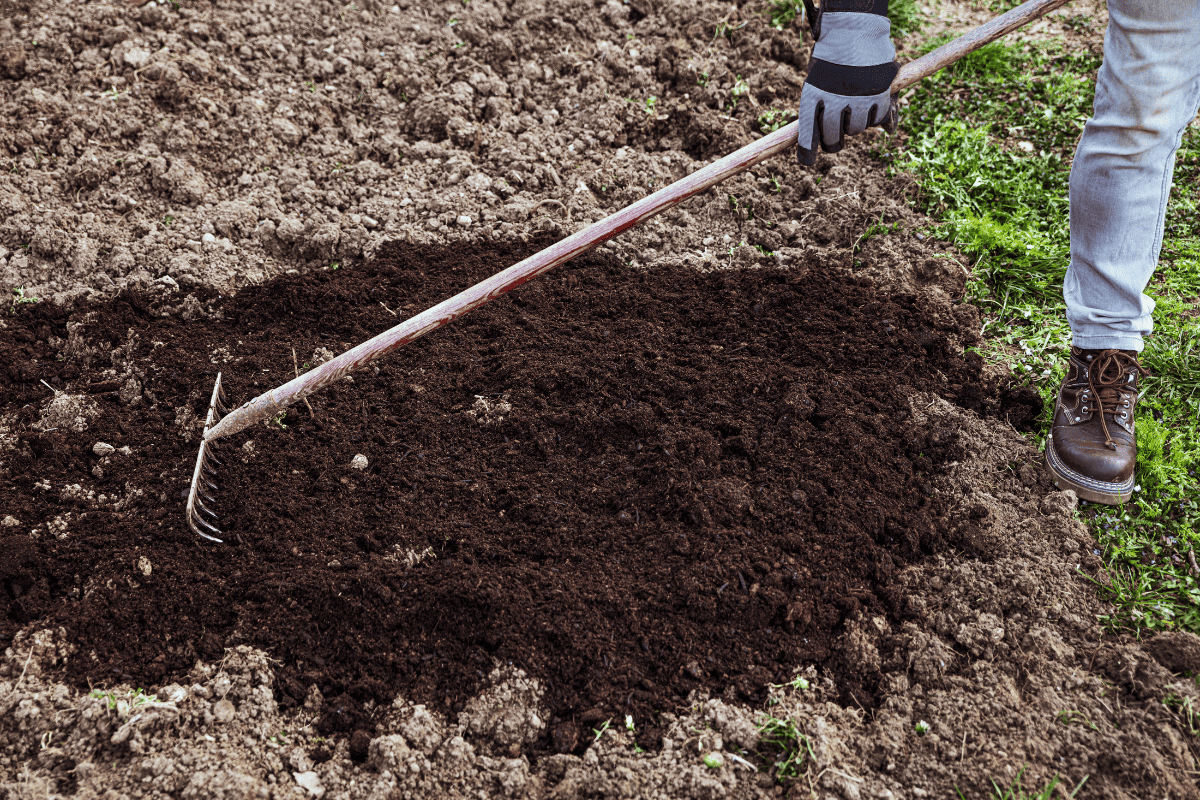
A layer of compost can act as a natural weed barrier. It blocks sunlight from reaching weed seeds, preventing them from germinating—this reduces the time and effort you need to put into weeding and the need for chemical weed killers.
16. Reduces the Need for Water Treatment

Composting reduces the need for water treatment facilities to process organic waste. It's a more energy-efficient way to deal with such waste, conserving water and energy resources.
17. Enhances Biodiversity
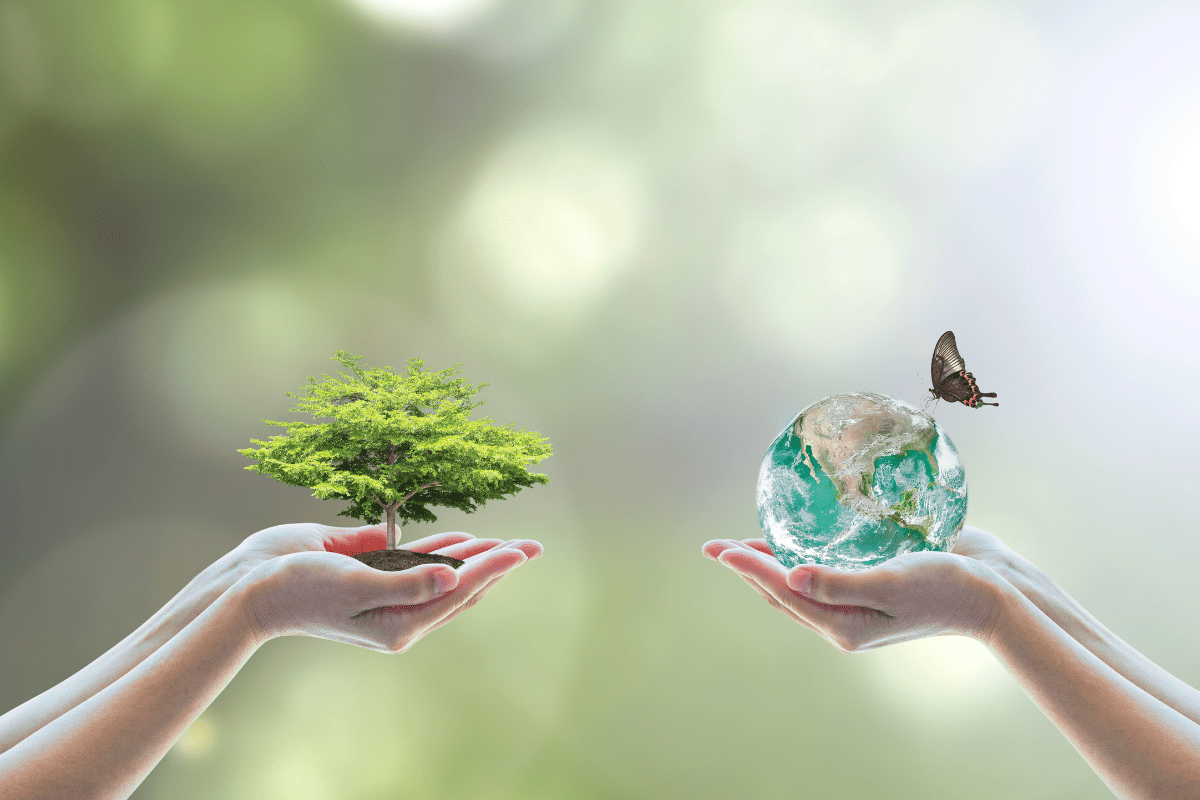
Compost encourages a wide variety of life in the soil, from bacteria and fungi to earthworms and beetles. This biodiversity contributes to soil health and productivity, supporting a vibrant, balanced ecosystem.
18. Decreases Reliance on Synthetic Inputs
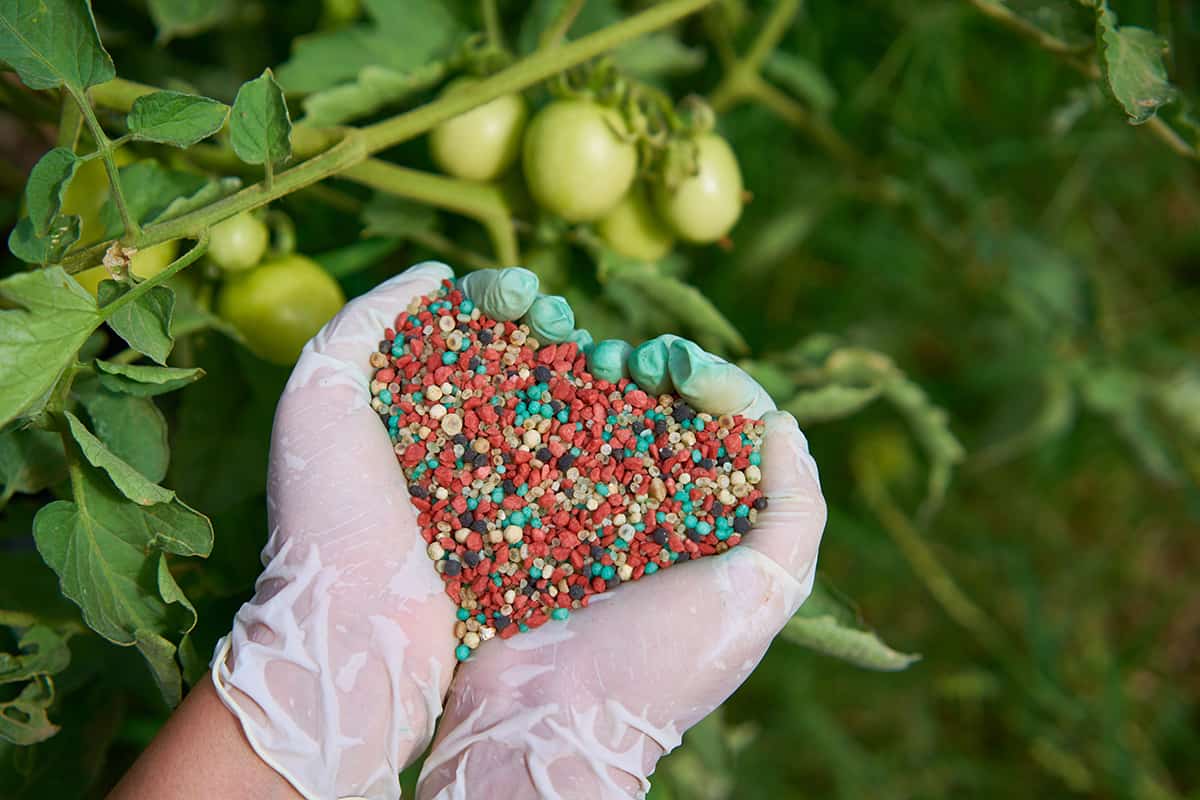
Compost is a natural, organic material that can replace the need for synthetic fertilizers and pesticides. By composting, you can maintain productive and healthy plants.
19. Can Be Done Year-Round
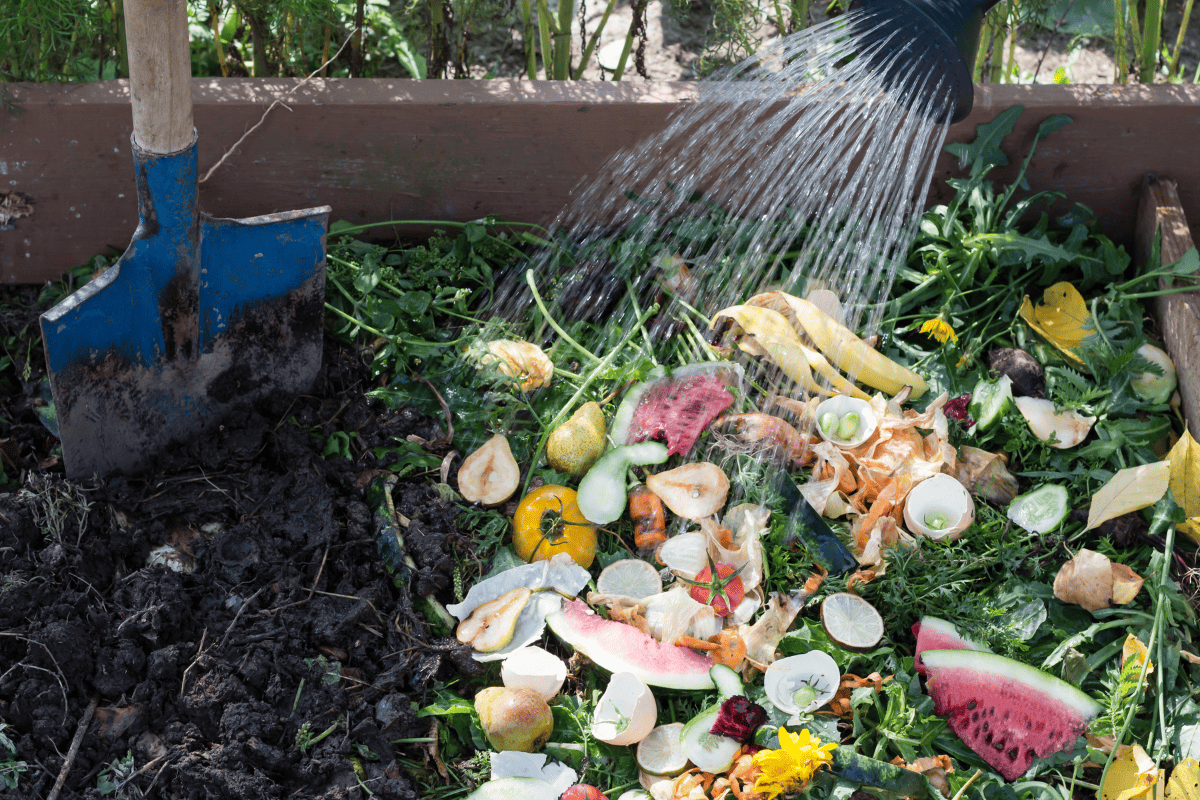
Composting isn't a seasonal activity. While the process may slow down during colder months, you can still add to your compost pile all year round—this means you can consistently reduce waste and produce valuable compost for your garden throughout the year.
20. Reduces Odors
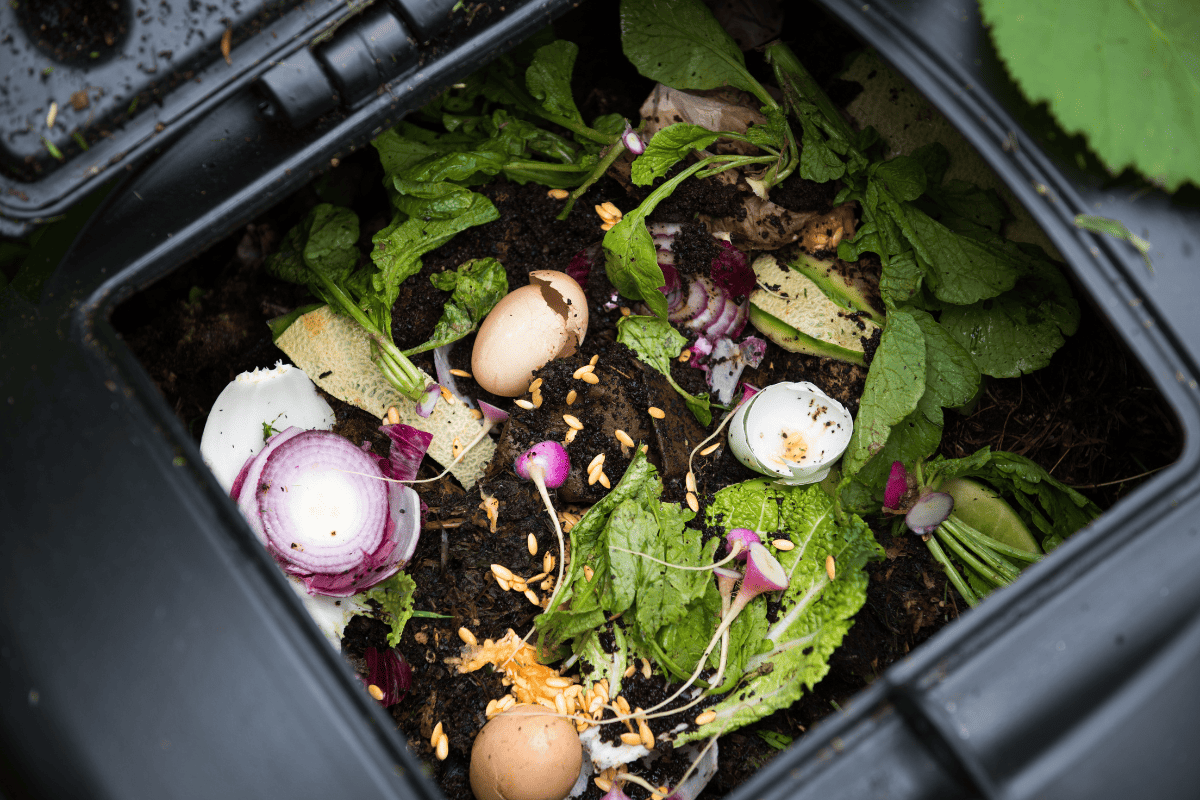
A well-managed compost pile smells good. It can reduce the odor of your garbage by diverting decomposing organic material from your trash bin.
The composting process, when properly managed, breaks down organic material without producing foul odors.
21. Customizable to Your Needs
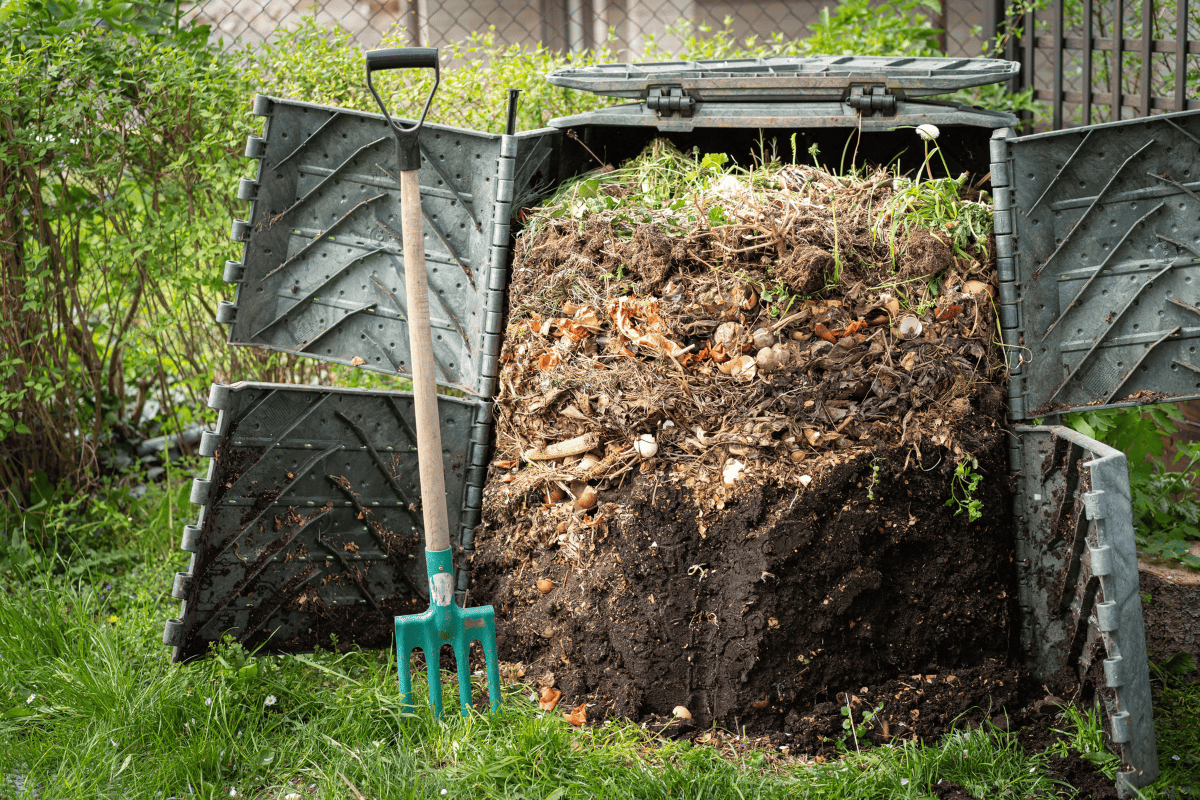
No matter the size of your living space, a composting system will work for you. Whether you have a large backyard or a small apartment, composting methods, such as worm composting or bokashi, can fit your circumstances.
22. Provides a Sense of Accomplishment
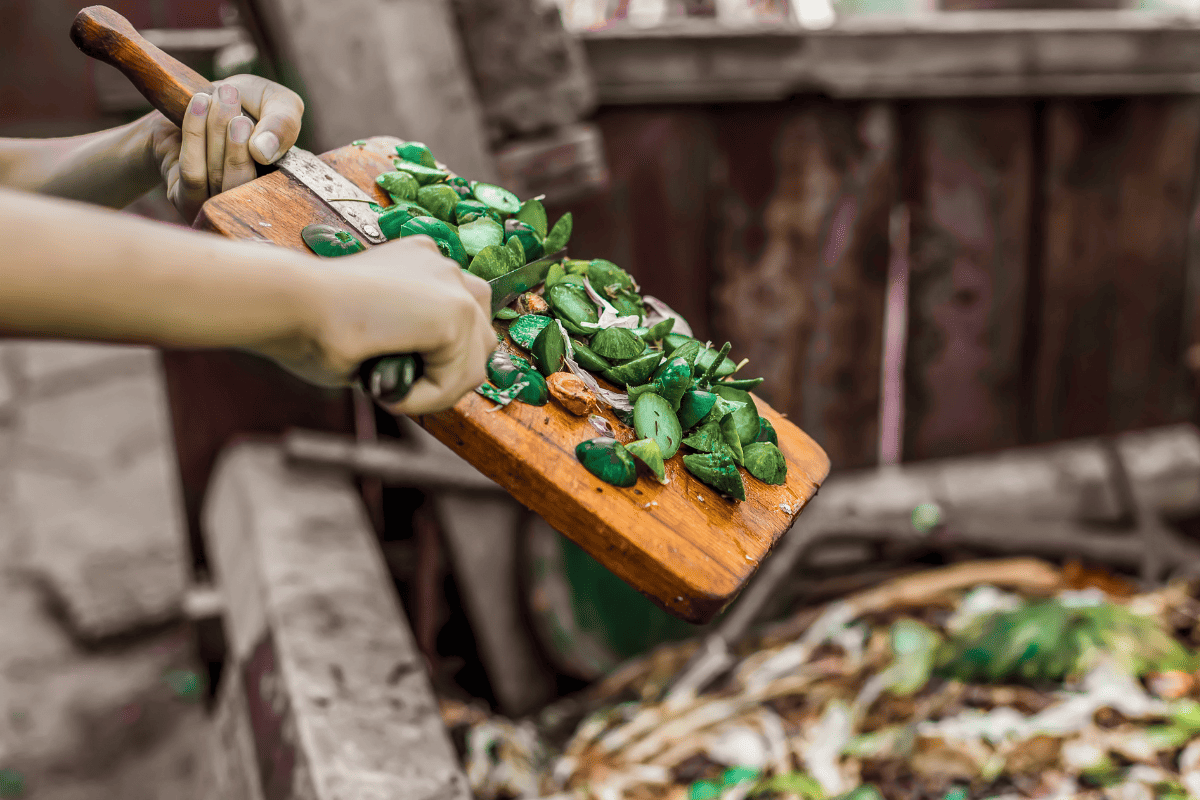
Composting is a proactive way to contribute to environmental sustainability. It's empowering to know that by composting, you're directly reducing waste and enriching your soil. This sense of accomplishment is a rewarding aspect of composting.
23. Improves Plant Immunity
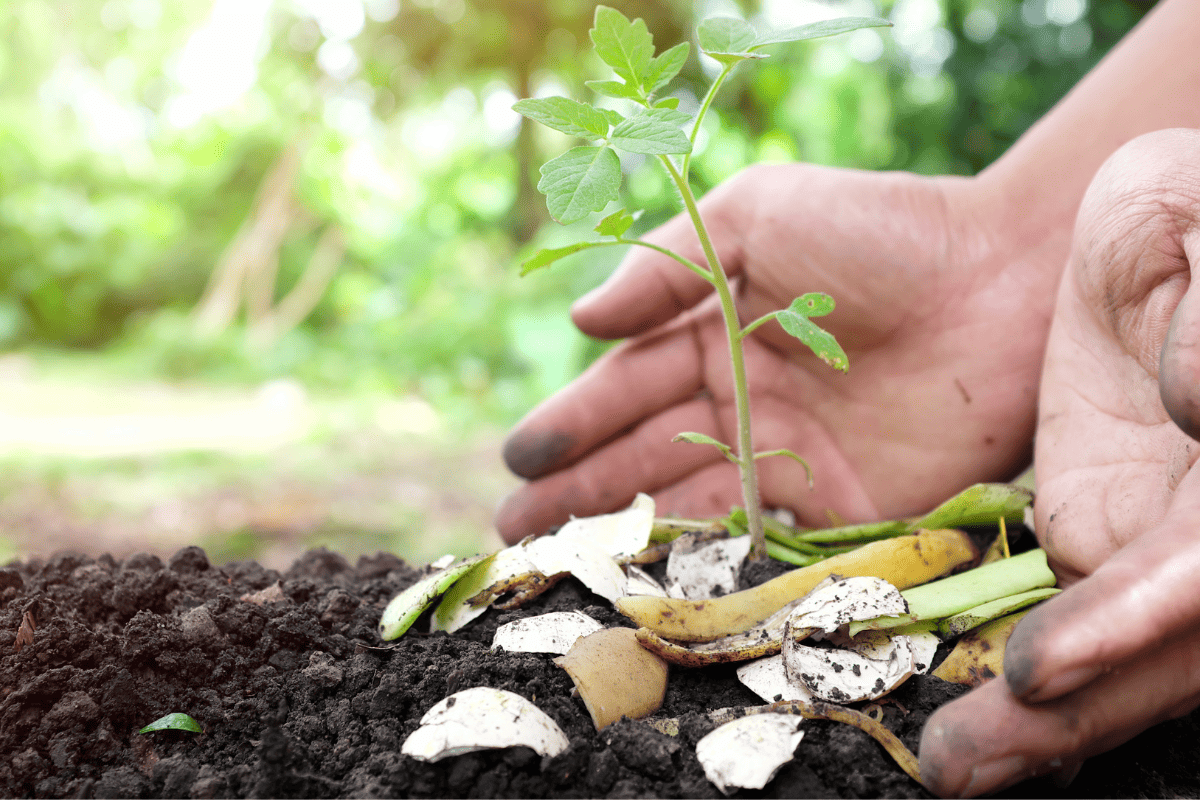
Plants grown in compost-enriched soil tend to be healthier and more robust. Compost improves soil health, strengthening plant immunity and making your garden more resilient to pests and diseases.
24. Mitigates Soil Contamination
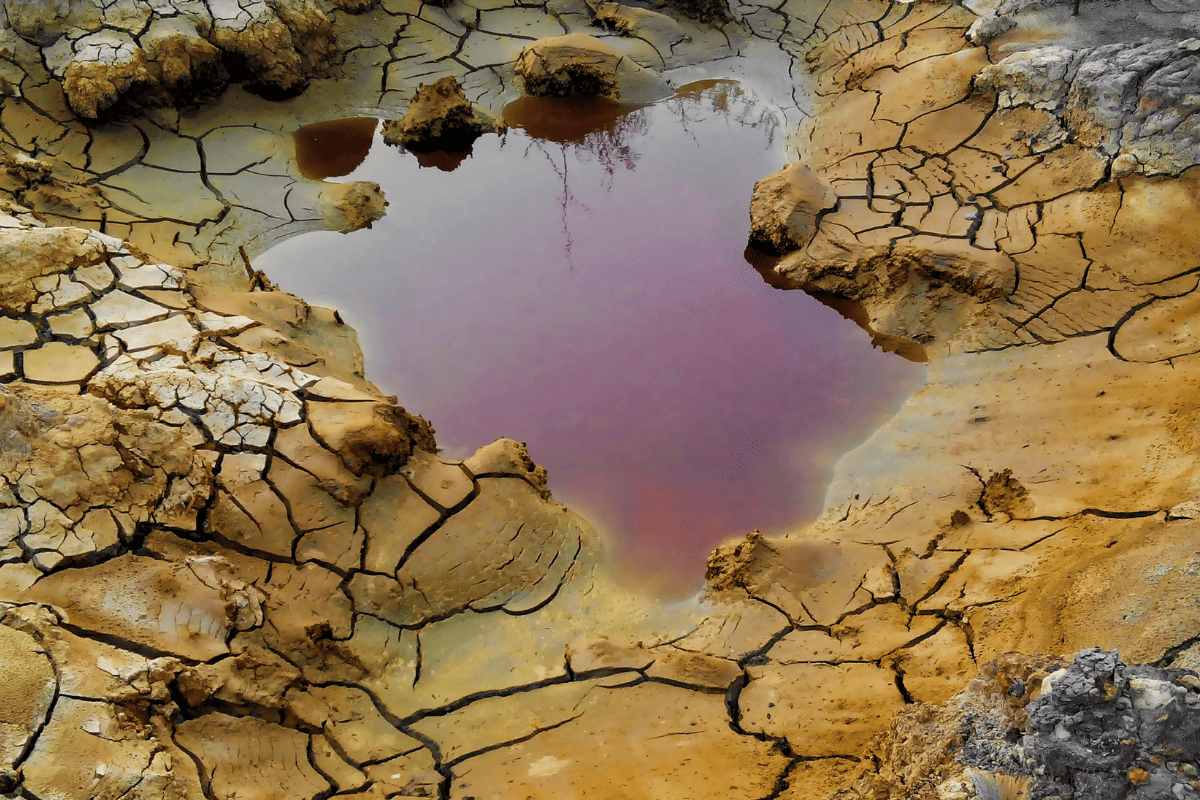
Compost can bind with contaminants in the soil, reducing their plant uptake—this helps to protect the surrounding environment and makes your garden safer and healthier.
25. Encourages Sustainable Living
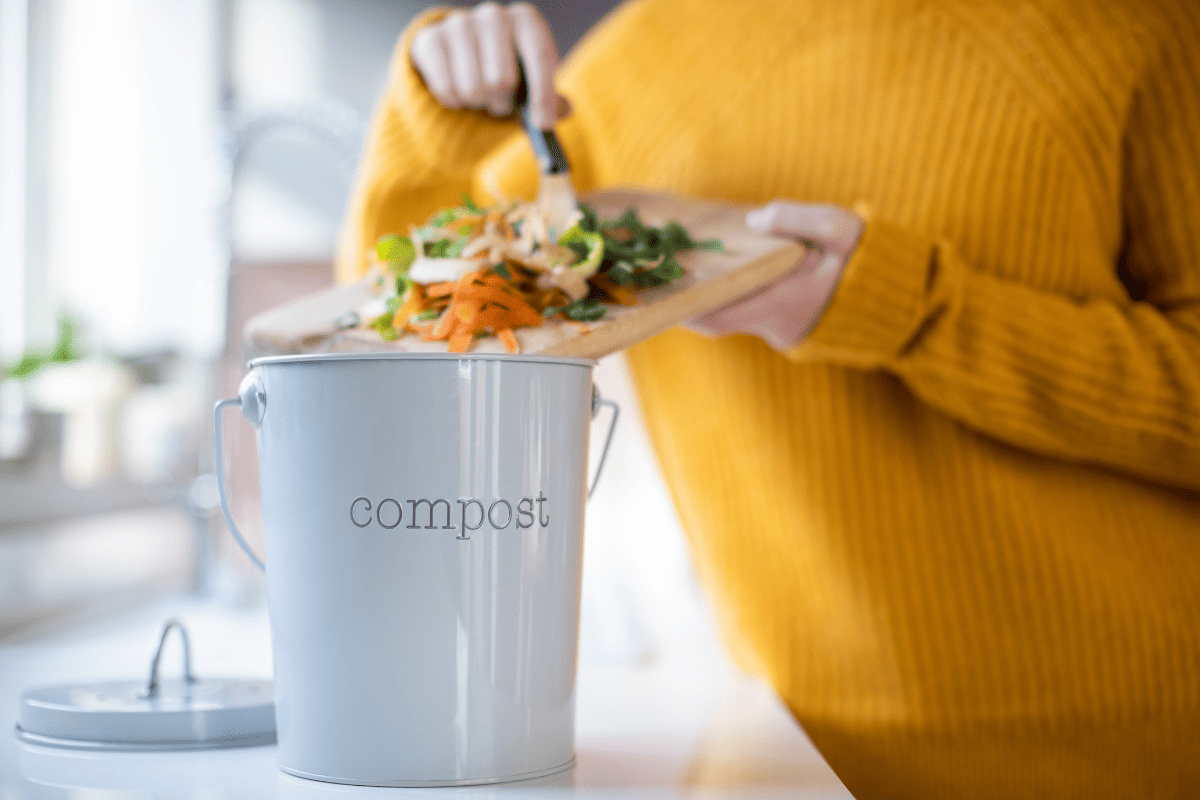
Composting is a simple and practical step towards a more sustainable lifestyle. It's a daily reminder of our connection to the environment and our ability to impact it positively.
Composting embodies the principles of reducing waste, reusing resources, and recycling, making it an excellent practice for sustainable living.
Here are more ideas to get you excited about composting:
Pro-Level Gardening Tip: Use Eggshells In Your Garden
Can I Put Worms In My Compost Tumbler?
Is Cardboard Safe For Organic Gardening?
Compost Vs. Manure For Vegetable Garden: Which Is Best
Composting: So Many Benefits
Ultimately, the reasons to compost are as diverse as they are compelling. Composting is an incredibly beneficial practice with numerous environmental, economic, and practical benefits, and it is an excellent way to make a difference in your home, community, and the world.
